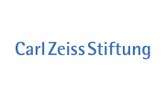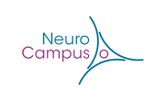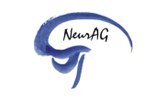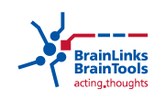Ferdinando Mussa-Ivaldi (Northwestern University, Chicago) | The engineering of motor learning: From basic neuroscience to clinical applications
| When |
Nov 07, 2016
from 05:15 PM to 06:45 PM |
|---|---|
| Where | BCF Lecture Hall, Hansastr. 9a |
| Contact Name | Carsten Mehring |
| Add event to calendar |
|
Abstract
The ability to learn is perhaps the most important feature of biological intelligence. It allows us to act in a multitude of environments and to combine sensory information with knowledge that we have acquired from previous experiences. When we practice a new task we are not only getting better at it. Our brains change and acquire knowledge on the physics of the environment and of our bodies. As the motor system is exposed to a deterministic environment, it forms internal representations that allow us to generate effective motor commands and to predict the sensory consequences of our actions. Learning is also our first line of defense after suffering an injury that changes our body. It gives us the ability to adapting to the new condition and to recover functionality and independence. Understanding learning is of critical importance for developing effective approaches to the recovery of motor functions following stroke, spinal cord injury and other neurological disorders. I will present and discuss recent studies that link the understanding of the mechanisms of motor learning to the development of new strategies for neurorehabilitation and of new approaches to the design of human-machine interfaces.











